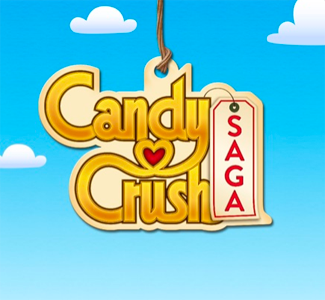Gaming is growing like gangbusters in a socially distanced world, but it’s not immune to macroeconomic trends.
Take Activision Blizzard’s mobile gaming arm, King, home to the wildly popular Candy Crush franchise. Activision Blizzard, which also owns the Call of Duty and World of Warcraft franchises, reported its Q1 earnings on Tuesday after market close.
Although King’s advertising business grew 75% YoY in Q1, growth dipped precipitously in early April due to a “sudden decline in demand across the digital advertising sector,” said Daniel Alegre, president and chief operating officer of Activision Blizzard.
Even so, it’s still good to be in gaming. While King’s net advertising bookings decelerated, King experienced user growth throughout the quarter, and engagement is soaring.
King ended Q1 with 273 million monthly active users. MAUs grew month over month in January and February, further accelerating in March as shelter-at-home orders came into effect. Candy Crush players played more game rounds in Q1 than in any other quarter since Activision Blizzard acquired King in 2016.
The challenge, however, is monetizing that engagement, both via advertising and by converting unpaid players into paying ones. The latter has been a linchpin of King’s strategy over the past year.
But on the advertising front, unlike in the hypercasual category, which can bank on cross-promotion and performance advertising from other hypercasual games, titles such as Candy Crush are more reliant on brand advertising dollars – and many brands are hitting pause right now.
To counter the pullback, King is planning to roll out more ads to more players and to broaden its advertiser base to partners in sectors that aren’t experiencing as pronounced a slowdown, said Humam Sakhnini, King’s president.
King is also hoping to entice advertiser interest with new ad offerings, including a sponsorship-focused ad product, and by releasing “new technology in our games that allows us to optimize our demand and get the highest CPMs for the ad demand we are showing,” Sakhnini said.
“The expectation,” he said, “is that the advertising business does deliver growth this year.”
Revenue growth at King was flat sequentially at $498 million in Q1. Overall, though, Activision Blizzard had a monster quarter, with $1.79 billion in revenue across its units, up from $1.83 billion in Q1 2019. Activision Blizzard’s stock was up nearly 4% in after-hours trading.













